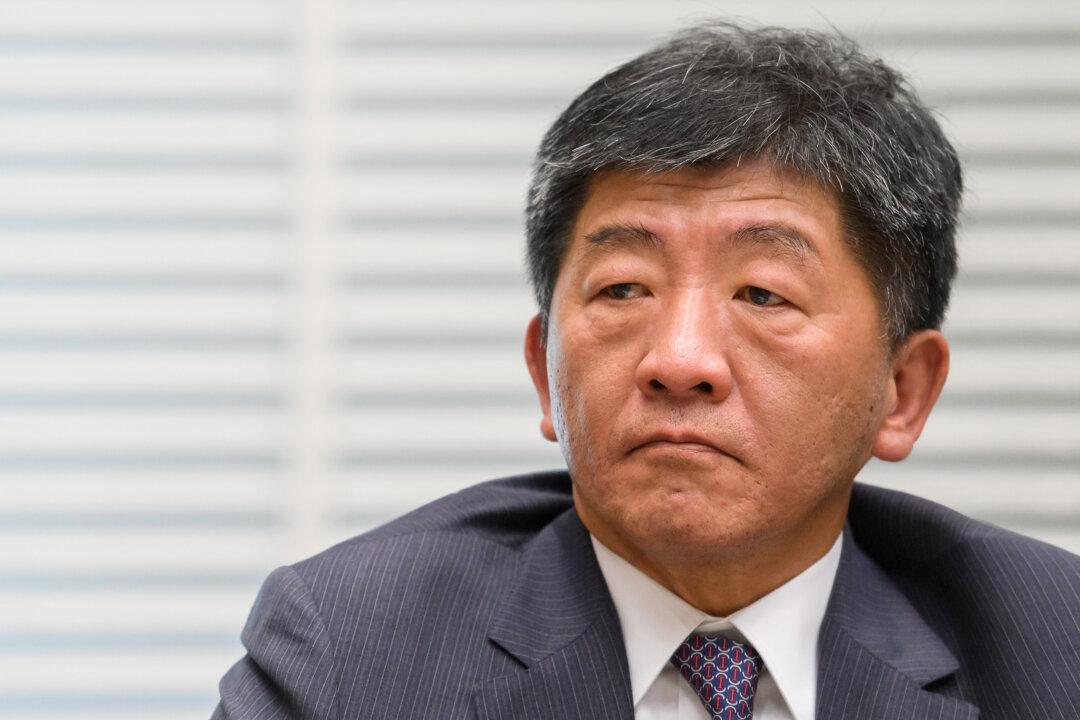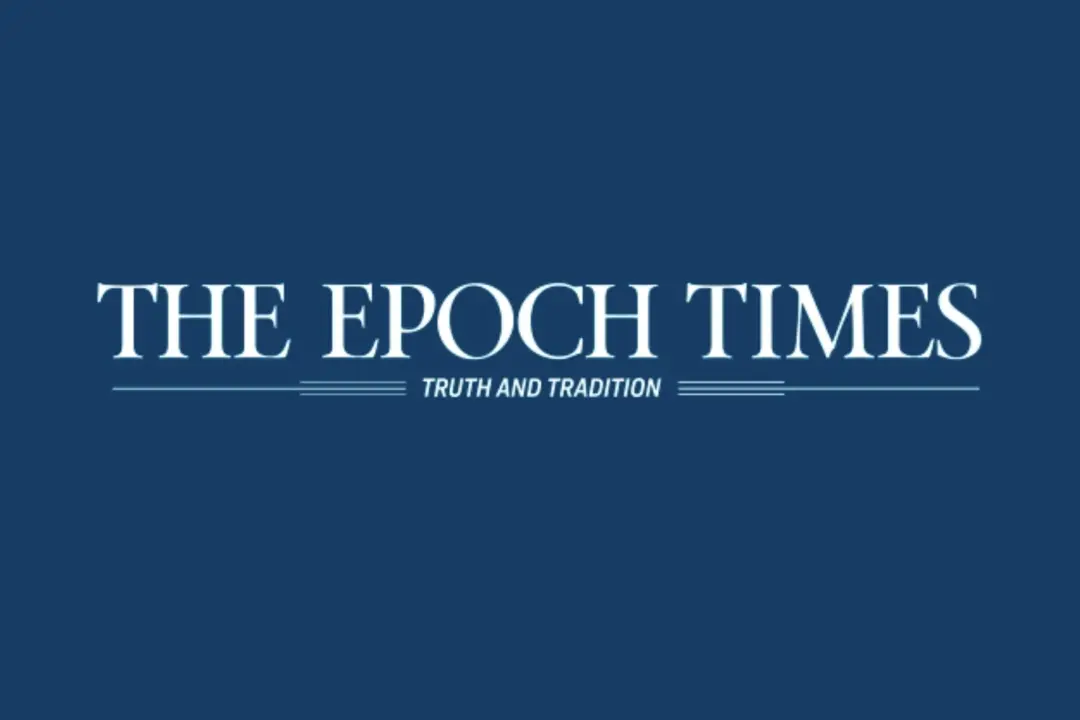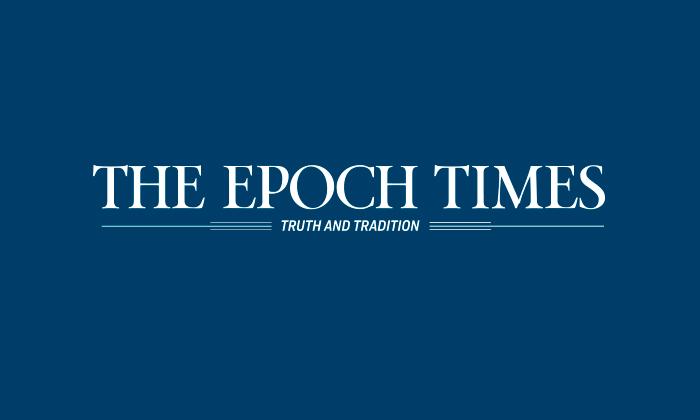This year marks the 24th anniversary of Taiwan’s implementation of universal health coverage. Taiwan’s National Health Insurance (NHI) covers the full spectrum of essential and high-quality health services, from prevention and treatment to rehabilitation and palliative care.
The provision of preventive and primary healthcare is the most cost-efficient approach to achieving universal health coverage. Taiwan’s Ministry of Health and Welfare has developed tools utilizing artificial intelligence and cloud computing to access the massive databases it has built over the past 24 years. For instance, the MediCloud system was launched to enable healthcare providers to query patients’ medical records within the NHI system, while the PharmaCloud system provides prescription drug information to physicians and pharmacists. Currently, through digital cloud tools, community-based primary care providers in Taiwan can retrieve test reports―including CT scans, MRIs, ultrasounds, gastroscopies, colonoscopies and X-rays―from secondary and tertiary institutions and receive prescription information.



